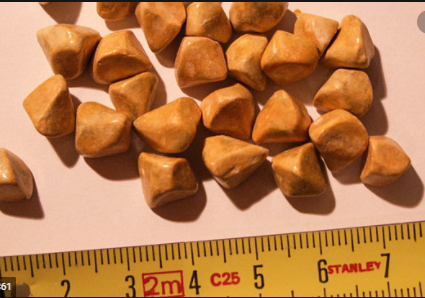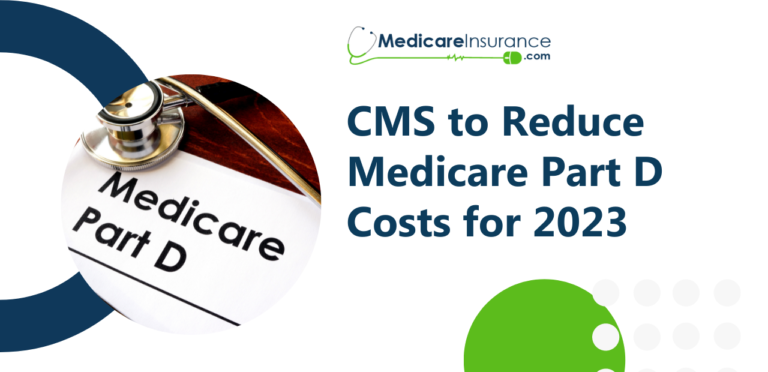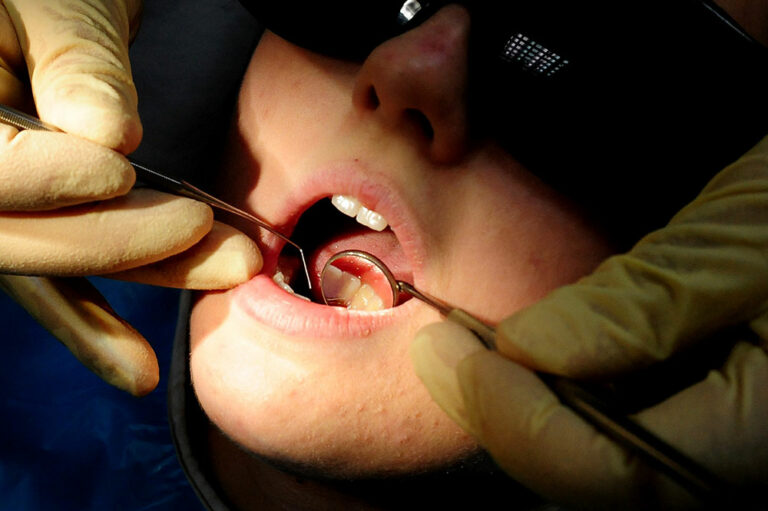Risk factors which can lead to increased incidence of gallstones
Are you concerned that you may be suffering from a gallstone problem just because someone in your family has it too! Well, genetic makeup can be an important risk factor for gallstones, but it doesn’t really mean that you may suffer from one if someone has got it. Here we are going to discuss various risk factors that can actually increase the risk of developing gallstones in you.
What are the various risk factors associated with gallstones?
A risk factor is something that increases your likelihood of getting a disease or condition. Gallstones are one of the highly prevalent diseases that is known to affect the human population all over the world. While most of the gallstone problems remain asymptomatic some need immediate medical attention. Symptoms that arise due to gallstone disease are a leading gastrointestinal cause that leads to hospitalization and utilization of health care facilities.
Before looking at the various risk factors associated with gallstone formation, let’s get detail on what is it? And how they are formed. As learning to know about them can help you understand the risk factors associated much better.
What are gallstones?
Gallstones are a collection of hardened deposits found in your digestive juice called bile. It forms over a period of time and can obstruct the flow of bile by blocking the biliary ducts.
Types and composition — Gallstones are formed due to the saturation of various materials like cholesterol (the main constituent) calcium salts of bilirubin, proteins, and mucin. Gallstones are predominantly classified into two types based on their composition, which are
- Cholesterol stones – This type of gallstones usually form in individuals who are genetically or environmentally predisposed to bile that is supersaturated with higher levels of cholesterol. Most of the cholesterol types of gallstones are either a mixed composition containing small amounts of calcium and palmitate or saturated with bilirubin salts.
- Black pigment stones – This type of gallstones result due to hemolysis (the breakdown of red blood cells which releases its content into the cytoplasm. It is mainly composed of calcium bilirubin.
- Brown pigment stones – This type of stones are a result of infection due to bacteria or a parasite that invades your biliary system to produce gallstones. Brown pigment stones are often found in the bile ducts and are usually associated with prior forms of biliary stones. They may also occur following the cholecystectomy process as de novo common bile duct stones.
Well, there are numerous risk factors that are associated with gallstone formation. However, It is also possible that a gallstone can develop with or without the risk factors. However, the number of risk factors you have, the greater the chances of you developing gallstones. If you feel if you have a number of risk factors that can cause gallstones, consult your doctor regarding the same on how to reduce the risks.
- Gender and Age
Advancing age is one of the major risk factors that predispose an individual to numerous diseases including the formation of gallstones. Men who are older than the age of 60 and women between the ages of 30-60 are at an increased risk of developing gallbladder stones. Pregnancy also increases the likelihood of developing a gallstone.
Genetics
Genetic predisposition is another major risk factor associated with gallstone formation. Especially if the parent or a sibling is suffering from one.
- Medical Conditions
Medical conditions associated with gallstones include:
- Obesity or overweight
- Physical inactivity or a Sedentary lifestyle
- Diabetes and insulin resistance
- The previous history of gallstones may increase the chance of its recurrence
- Liver cirrhosis
- Chronic hemolysis or diseases of blood like sickle cell anaemia.
- Crohn disease
- Surgical removal of the ileum (a part of the small intestine)
- Very high triglyceride levels
- Hyperparathyroidism
- Injury of the spinal cord
- Gastric bypass surgery
- Pregnancy
1-Ethnic Background
Gallstones are also found to be more common in people with the genetic and environmental predisposition. Like for example, western countries like Native and Mexican Americans and Northern Americans are at the highest risk of gallstones.
2-Drugs/ Medications
A number of drugs are associated to increase the risk of gallstones. Some of the drugs that increase the risk of gallstones include:
- Use of Oral contraceptives
- Postmenopausal women taking Hormone replacement therapy
- Drugs like fibrates that lower the Cholesterol levels
- Some other drugs include ceftriaxone, somatostatin, Thiazide diuretics, and parenteral nutrition.
- Dietary changes
The following dietary changes are also associated to increase the risk of gallstones in an individual
- Rapid weight loss – Experiencing rapid weight loss may cause the liver to secrete extra cholesterol into the bile. It is due to the fact that fasting decreases the gallbladder motility, which makes the bile more concentrated on cholesterol. Rapid weight loss cannot be a point under dietary changes.
- Higher intake of trans-fatty acids – Numerous research studies have reported that intake of trans-fatty acids, margarine, hydrogenated oils, cooking oil and refined sugars may increase the risk of gallstones by adversely affecting the blood lipid levels.
- The high-dietary glycemic index or glycemic load- Dietary carbohydrates are important in the risk of cholecystectomy. Dietary carbohydrates, especially those with a high glycemic index, lead to increased insulin secretion, lipid alterations including high triglycerides and low high-density lipoprotein cholesterol, and development of insulin resistance. Serum insulin levels and diabetes mellitus have been associated with increased prevalence of gallstones in prior cross-sectional studies.
Summary:
Now that you have learned about the various risk factors that are associated with a gallstone problem. Try to put your step very carefully before diverting yourself and getting indulged into these dietary and lifestyle changes, especially if you are at an increased risk of developing a gallstone.








